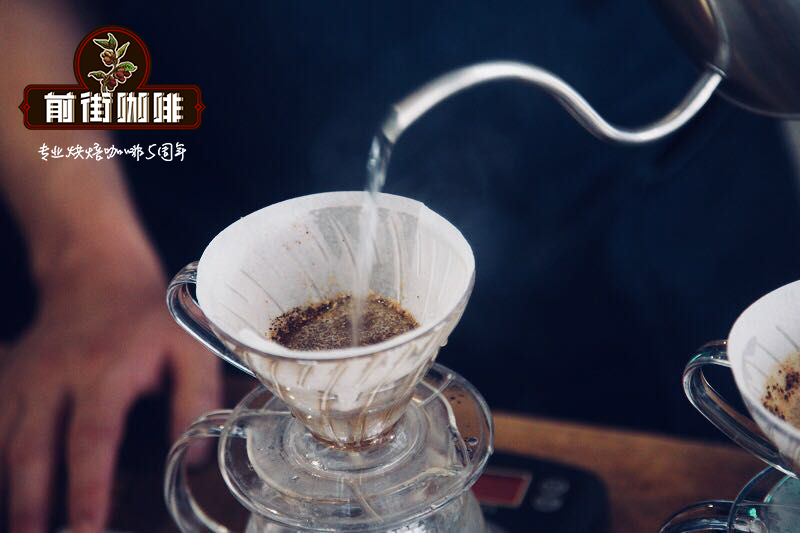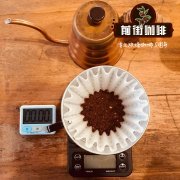What are the grades of Kenyan coffee beans?

Coffee beans in Kenya are graded by particle size, usually divided into AA, AB, C, T, TT, MH, ML and other grades, and the quality is also in descending order.
AA+ is the highest grade of Kenyan coffee, and only batches with particularly good flavor and few defects are allowed to do so.
SL-28:20 was selected from a drought-tolerant variety in Tanzania by Scott Laboratory in Kenya in the 1930s. The fruit is red when it is ripe, and the seed is slightly larger than the general variety. It is thought to produce coffee with a distinct fruit flavor, usually described as a blackcurrant. However, SL-28 is very susceptible to leaf rust. It is more suitable for planting in high altitude areas.
SL-32: selected by the French missionary Bourbon and brought to Africa from the island of Bourbon (Reunion), it first appeared in Tanzania and later introduced to Kenya. It has an obvious fruit flavor, but it is generally considered to be slightly inferior to SL- 28. The resistance to leaf rust is also weak, with red peel.
1. In the evening, the defective products of the harvested coffee fruit are removed, and after the peel is removed, the sticky shell beans are poured into the upper fermentation tank.
2. After fermentation all night, wash the shell beans once in the morning to remove most of the pectin.
3. Re-enter the lower purifying pool and ferment for the second time. Update the recycled water every few hours to avoid smelly.
4. Wash the ditch and remove the residual pectin. (the second fermentation plus flushing takes 36 hours)
5. Rinse the shelled beans and soak them in the water tank for more than 12 hours.
Ps: water can prolong fermentation time and produce soft alcohol thickness, complex acidity, and subtle flavor.
Important Notice :
前街咖啡 FrontStreet Coffee has moved to new addredd:
FrontStreet Coffee Address: 315,Donghua East Road,GuangZhou
Tel:020 38364473
- Prev

What are the grades of Kenyan coffee beans?
Coffee beans in Kenya are graded by particle size, usually divided into AA, AB, C, T, TT, MH, ML and other grades, and the quality is also in descending order. AA+ is the highest grade of Kenyan coffee, and only batches with particularly good flavor and few defects are allowed to do so. In the 1930s, a Tanzanian species was used by the Scott Lab in Kenya.
- Next

When the price of Arabica beans has fallen to a 13-year low, why has the price of the coffee we drink never dropped?
Professional coffee knowledge exchange more coffee bean information Please follow the coffee workshop (Wechat official account cafe_style) for Chinese, coffee as a drink is constantly integrated into our daily life. People's understanding of coffee has become more specific and can return its essence to crops. We will know that coffee beans are the seeds of coffee cherries, which need farmers from
Related
- What documents do you need to go through to open a coffee shop? coffee shop coffee shop certificate processing process
- How to purchase Coffee beans in small Cafe how to choose a suitable supplier for domestic Coffee supply Company
- How to drink Starbucks Fragrance White Coffee? how to make Australian White Coffee? what Italian coffee beans are recommended?
- The Story of Flora Coffee: the name of Flora Coffee Bean and the implication of the Flowers on Florna Coffee
- How much does a cup of coffee cost? How much is the profit of a cup of coffee? What is the profit of the coffee shop in a year?
- Yunnan small Coffee, known as "fragrant Coffee", introduces the characteristics of Alpine Arabica Coffee producing areas in Yunnan, China
- 2023 latest Starbucks full menu price list how much is a cup of Starbucks coffee what is better to drink the most popular hot and cold drinks recommended
- Starbucks different kinds of Coffee Price list Starbucks menu 2023 Top Ten Best drinks in Starbucks
- Starbucks Spring praise Comprehensive matching Coffee Bean theme Story Packaging implication and taste description
- The cost of a cup of coffee latte American coffee cost price and selling price

